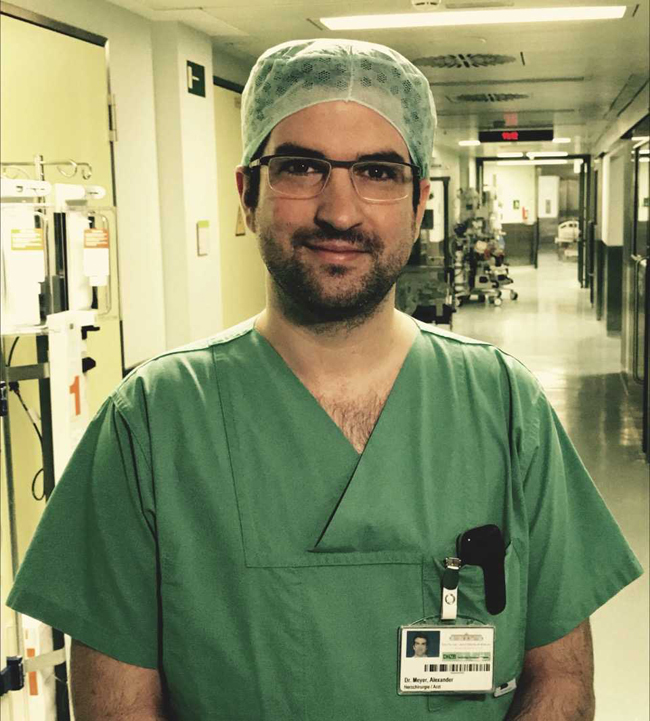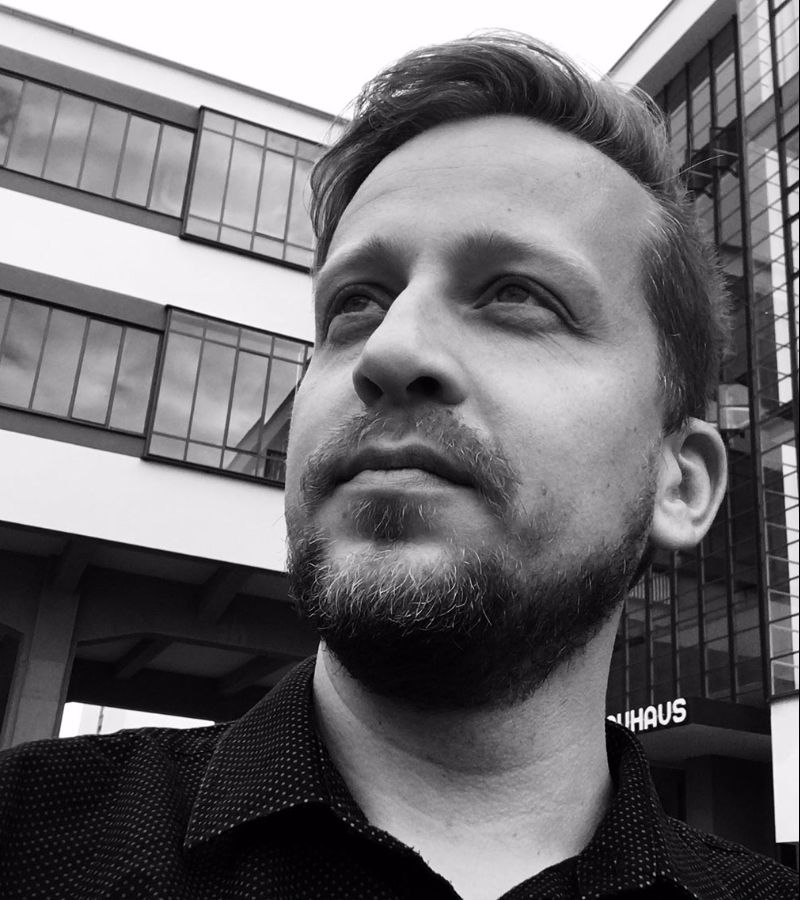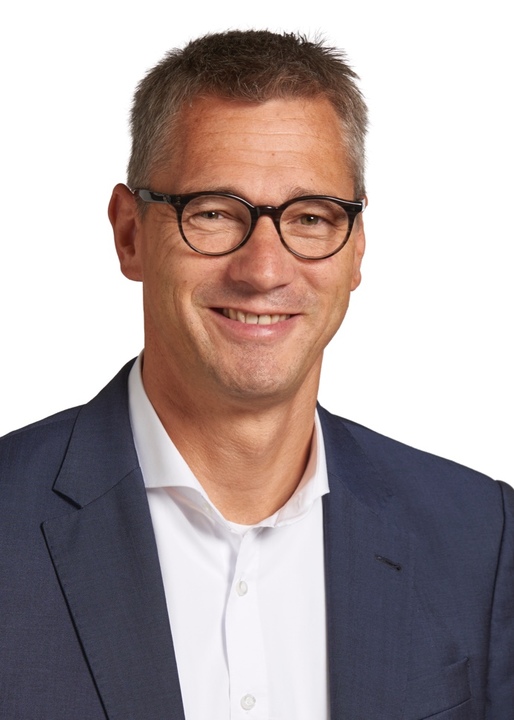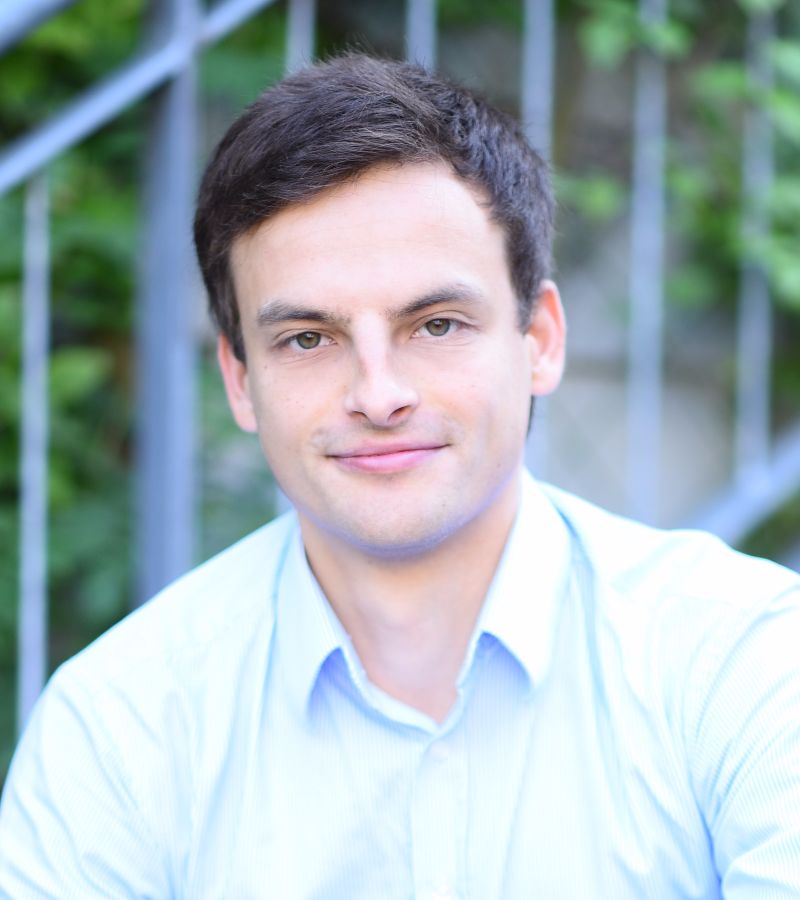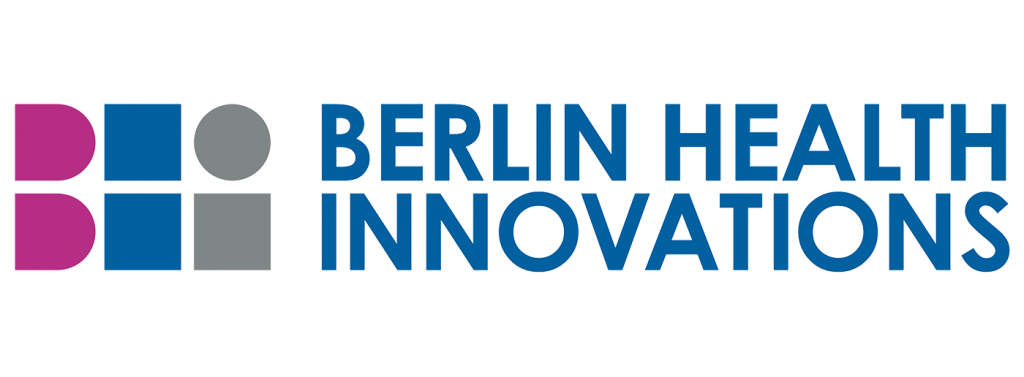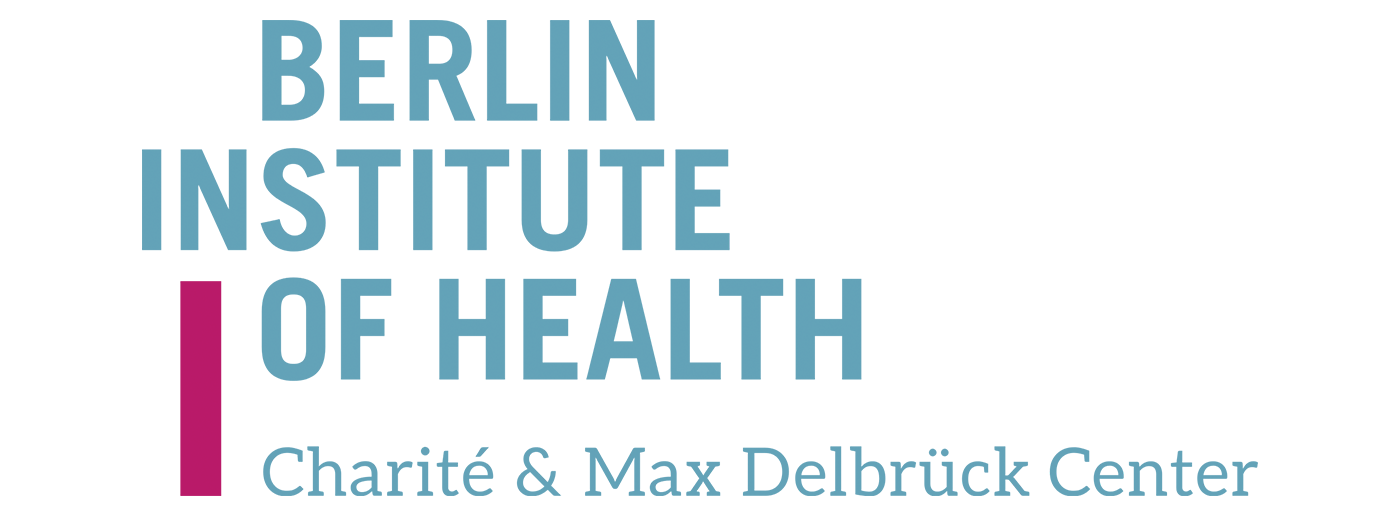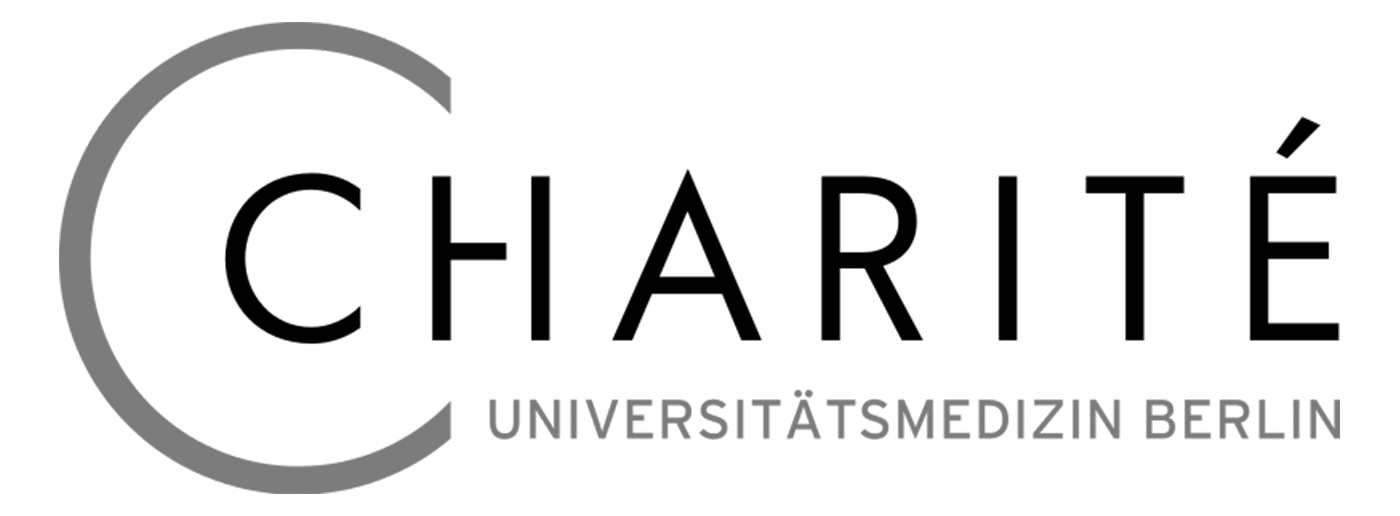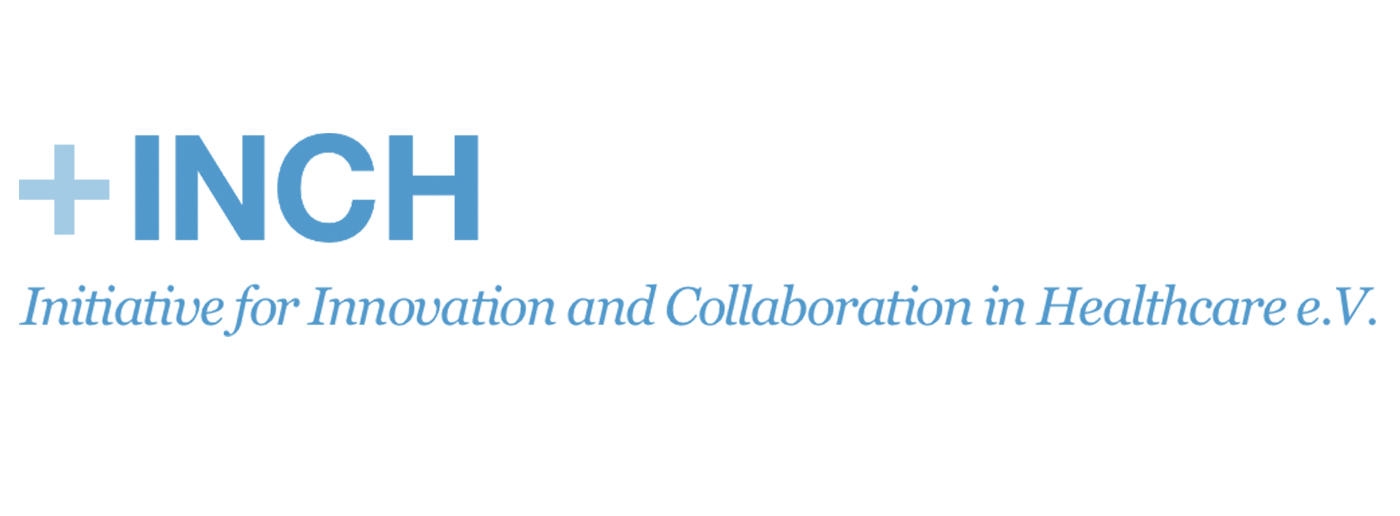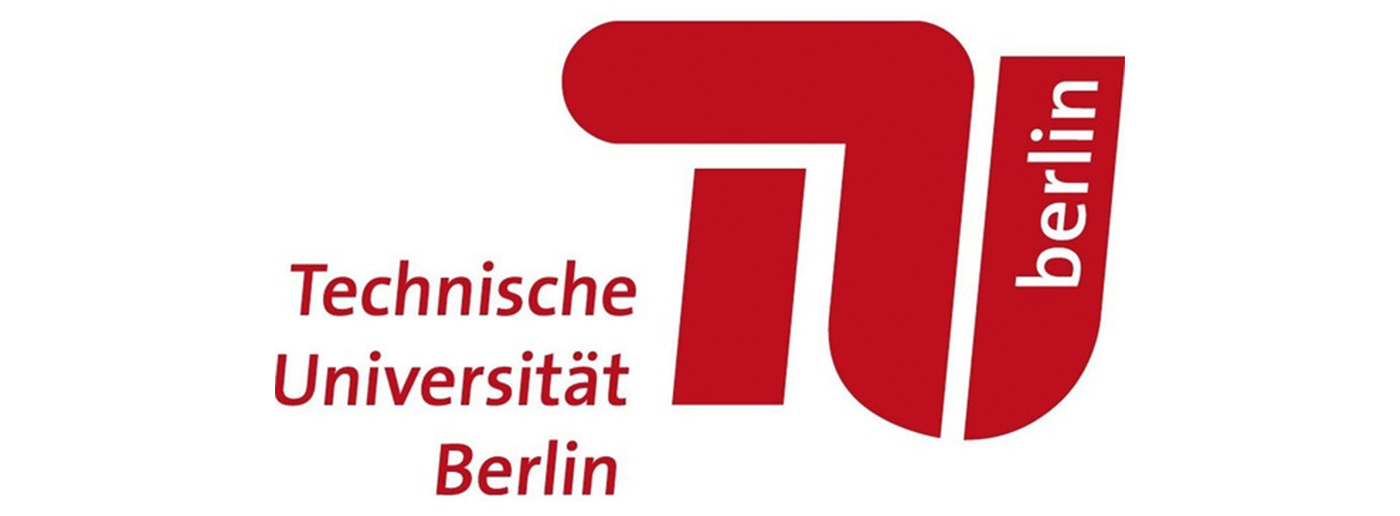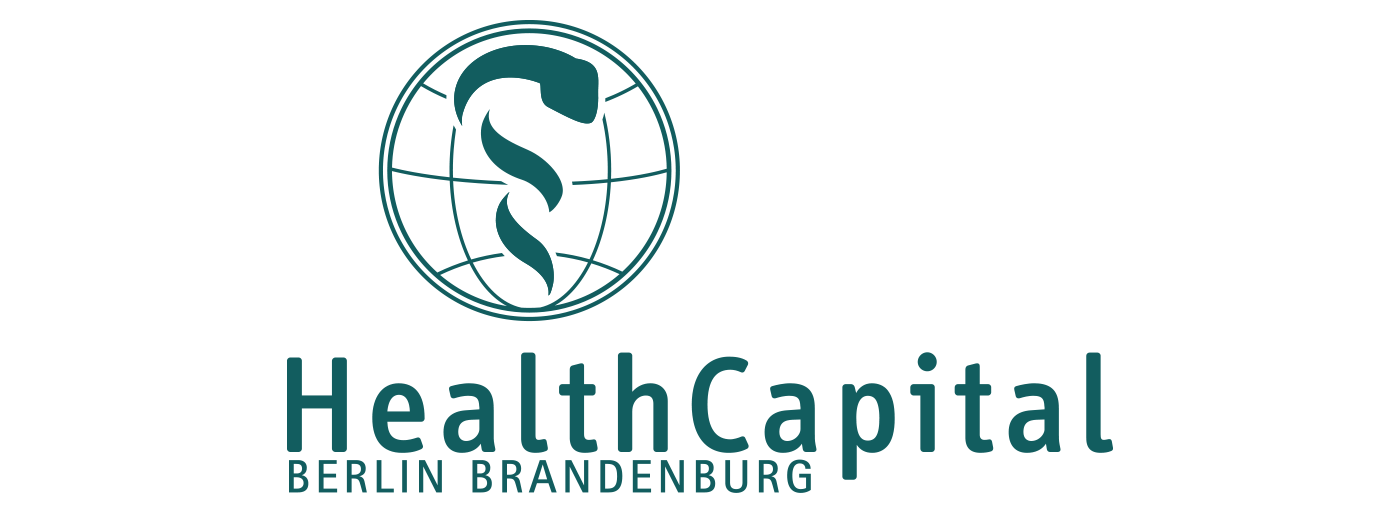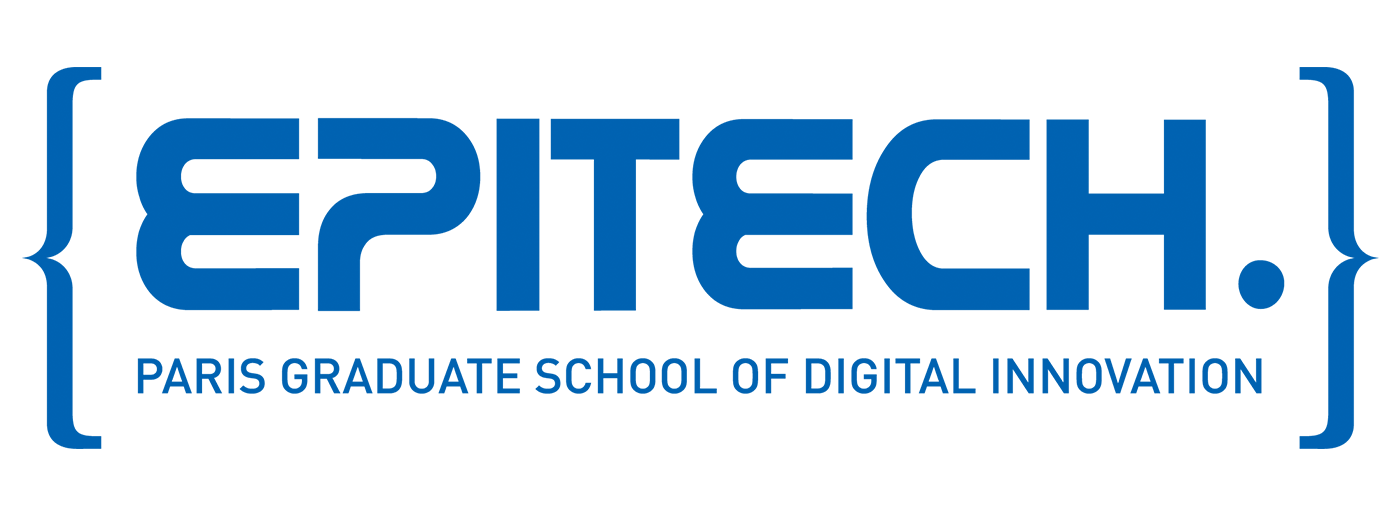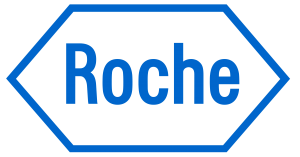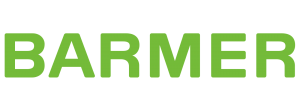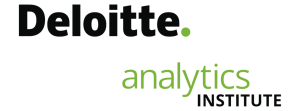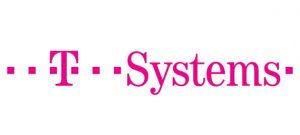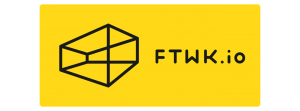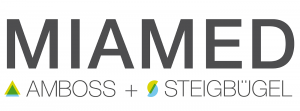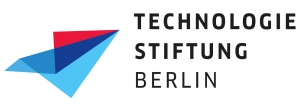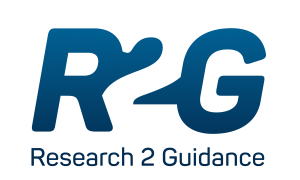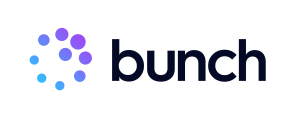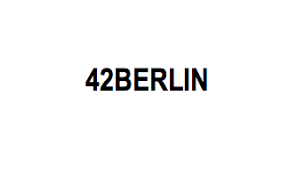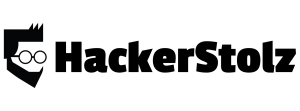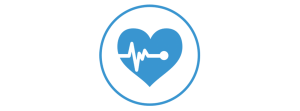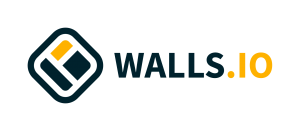
1-3 December 2017
Location: Charité Berlin
Thank You for a successful event
15 teams for 2 ½ days participated in the first Hackathon held at Charité, Berlin. The interdisciplinary teams that formed during the opening ceremony on Friday discussed medical problems, coded, analyzed large amounts of data, designed and created hardware tools. As a result, solutions against blood loss, diabetes, depression, stress, anxiety, and many more were created and presented at the final ceremony.
We are overwhelmed by the outstanding quality of the solutions created within such a short period of time by teams that were formed quickly at the hackathon
The Jury identified all of the solutions as relevant and supportable in terms of the judgment criteria yet identified three as outstanding.
We are proud to announce the winners of this year’s Hacking Health Hackathon Berlin:
1st Place:
jvpQuant: Precise non-invasive measurement of central venous pressure
(Teamlead: Daniel Wendisch, Charité – Universitätsmedizin Berlin, Arzt)
2500 €
2nd Place:
„Siebenschläfer“: Relaxation and anxiety reduction for patients before and after surgery
(Teamlead: Sascha Lieber, Charité – Universitätsmedizin Berlin, Arzt in Weiterbildung in der Anästhesiologie)
2000 €
3rd Place:
„B.L.A.S.T.“: Blood loss assessment in surgery and trauma
(Teamlead: Yasmin Mulji, West Middlesex University Hospital, London, Ärztin in Weiterbildung in der Gynäkologie und Geburtshilfe)
1500 €
Besides prize money the teams will receive further support and will participate in a mentoring program executed by T-Systems, Deloitte, Barmer, Designit and Research2Guidance in order to further develop their ideas and products.
The Hacking Health team thanks all participants, the jury, partners and sponsors for participating and supporting us.
We are very much looking forward to see all of you next time!
Project Objectives
We invite healthcare professionals, scientists, patients, entrepreneurs, engineers, designers, developers, and others interested to team up for a weekend and propel innovation in healthcare. Our goal is to gather 100 experts to work on different healthcare challenges and compete in a hackathon for prizes and a place in our mentoring program. Our vision is to make Hacking Health the largest community for digital healthcare innovation worldwide and tackle the most entrenched problems in healthcare together.
Challenges
Inside the operating room, surgeons, interventionalists, nurses, anesthesiologists, engineers, and other staff work tightly together in a highly sensitive environment. Time and precision play a big role for the surgeon or anesthesiologist. With automated total intravenous anesthesia, monitoring of vital parameters including consciousness through e.g. Bispectral Index or minimal invasive robot assisted surgery, the operating theatre already is a high-tech environment.
This challenge is about using new technology in form of an existing gadget (e.g. virtual reality, augmented reality, Internet of Things) or based on a microcontroller that improves the outcome of the surgery, the experience for the patient or working-conditions for staff members.
Please review the FAQ for the hardware Hacking Health is providing
Create a digital solution that empowers patients with diabetes (type 1, 2, gestational or other forms of diabetes) to better self-manage their daily challenges and/or its complications – 24/7/365.
Diabetes is a chronic condition that affects patients around the clock. People with diabetes see their health care professional on average 40 minutes per year, during the remaining time they have to manage their condition alone. This challenge confronts health care systems, patients and caregivers worldwide.
Digital applications assist patients and caregivers when they are alone: addressing all meaningful aspects like insulin delivery, nutrition or physical activity. Data based self-management solutions and devices shall help patients with diabetes to keep their glucose levels in range. This reduces the risk of acute complications such as hypoglycaemia and ketoacidosis, as well as long-term complications that affect all vital organs, kidneys, heart, brain, eyes, nerves and feet.
Our mentors and volunteers living with diabetes will share their health care data and diabetes-related hardware for everyone to use. If you are a patient, please feel free to bring your blood glucose meters, insulin pumps and CGM/FGM sensors as well. We encourage everyone to share these with others.
Diabetes-related medicinal products you are allowed to bring to the hackathon:
- All types of blood glucose metres
- All types of insulin pens
- All types of insulin pumps
- All types of continuous glucose monitoring systems (CGMS) and flash glucose monotoring systems (FGMS)
- Components involved in open loop and/or closed loop systems if they are open source
We highly encourage everyone to share their gadgets and data with the other participants.
Team members, mentors and volunteers with diabetes will provide and share the following systems:
- Medtronic 640G insulin pump and Enlite CGMS semi-closed loop system / Artificial Pancreas using Dexcom G5 CGMS, Medtronic Veo insulin pump, Looped iOS App and Riley Link Bluetooth Module, Bayer Contour Next Link blood glucose meter
- Free Style Libre FGMS, insulin pens
- Roche Eversense CGMS, insulin pens
- Dexcom G5 CGMS, insulin pens
AI/Machine learning is having a huge impact on healthcare: Robot assisted surgery, virtual nursing assistants, administrative workflow, fraud detection, dosage error reduction, predictive health and precise diagnosis are just a few examples for the use of AI and Machine Learning in healthcare.
This challenge is about creating a solution to improve the clinical decision making process. We will provide you unique datasets, that you will be using to create a tool that helps improve clinical decision making.
Two different data sets may be used for this challenge:
1. Radiology image data, which will be provided at the event (similar to a Kaggle Competition).
Click here to download detailed instructions for the Radiology image data
2. MIMIC Critical Care Data. https://mimic.physionet.org/gettingstarted/access/
Please request access a few days in advance and download the data before the hackathon.
Let us know on slack, if you need any help accessing the data.
Jury

Dr. Klaus Nitschke
Klaus is a passionate entrepreneurial digital innovator. In fact, he is committed to technology growth and oversees nearly every stage of the digital development process—from strategic conception, build and design to product launch.
In Feb. 2017 he took over the interim role as Director Berlin Health Innovations (The Joint Technology Transfer of Charité and Berlin Institute of Health). In addition, as Senior Advisor Digital he is responsible for building up Digital Health at BHI.
In 2014 Klaus joined BCG Digital Ventures as a Partner and Managing Director. His background spans the startup domain and sectors in health, telecommunications, media, and e-commerce.. He also has a deep interest in small business growth, which inspires him to create disruptive partnerships between startups and market leaders.
Prior to joining BCG Digital Ventures, Klaus filled senior leadership roles with Deutsche Telekom, where he helped build TV related platforms, products and applications. Klaus was Chief Strategist for Deutsche Telekom`s German and European operations. As MD he founded and managed T-Inno-vations; an innovation factory that identified, built and commercialized digital businesses for Deutsche Telekom. He has operated several successful startups and was previously the COO of Bol.com (Bertelsmann) and a Partner/shareholder of a McKinsey & Company spin-off management consultancy. Driven by his devotion for innovation and education, Klaus has also helped to shape the minds of future disruptive thinkers as a university lecturer.
Dr. Alexander Meyer
Alexander Meyer is a physician-scientist and senior resident in cardiovascular surgery. He is head of the research group “Data science in cardiovascular medicine” at the Department of Cardiothoracic and Vascular Surgery at the German Heart Center Berlin (Deutsches Herzzentrum Berlin). He is alumni of the “Studienstiftung des Deutschen Volkes” and wrote his doctoral thesis at The Rockefeller University (NYC, USA).
Before he started his medical career he worked as a software engineer for large corporates. His central research interest is to improve patient safety by studying state-of-the-art data science methods in the medical domain. He is a participant in the Digital Health Accelerator of Berlin Health Innovations and is leading a group that develops a digital health asset.
.
He founded StartHardware.org, an initiative to teach children to program digital hardware. Stefan actively engages with the tech community teaching and running workshops. He led several workshops in physical computing and health hacking including a hackathon for Bayer Healthcare.
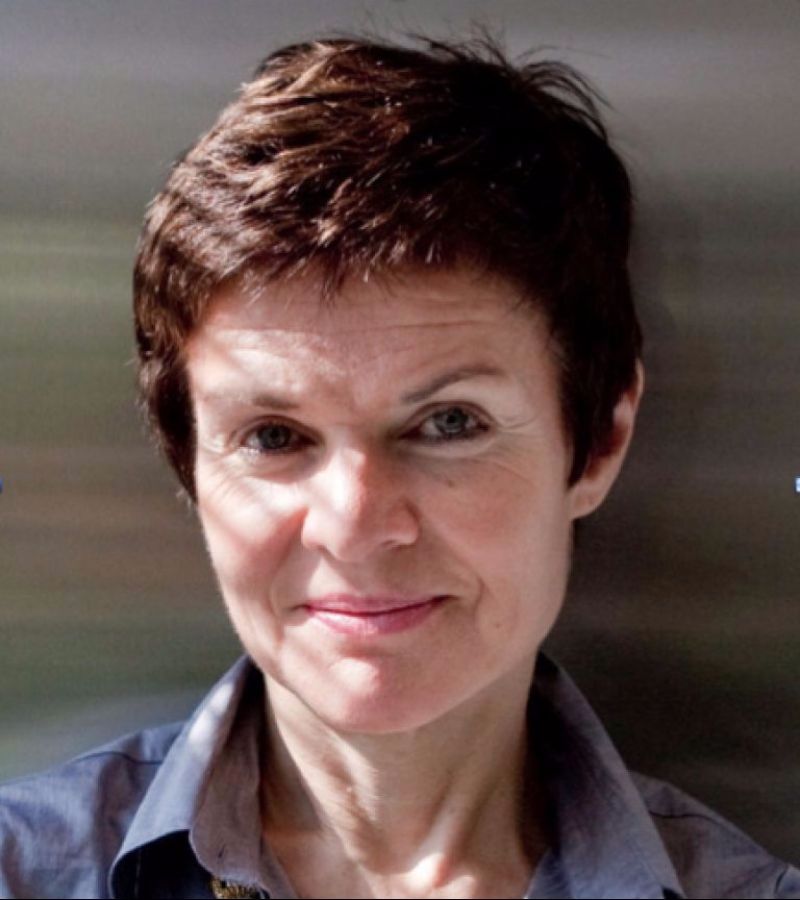
Dr. Dorothee Deiss
Dr Deiss is a diabetologist, endocrinologist and pediatrician based in Berlin. One of her main interests is to improve the live of people with diabetes, especially in using new technologies. She has an extensive expertise in insulin pumps, continuous glucose monitoring and closed loop algorithms.
She studied medicine in Freiburg im Breisgau. In 2003 she studied photography at the Fotografie am Schiffbauerdamm and Ostkreuzschule schools for photography and design in Berlin. In 2013 she received her MFA in photography from Hartford Art School.
She is a founding member of Exp12, a Berlin gallery for photography.
Dorothee Deiss was a finalist for the Taylor Wessing photographic portrait prize 2013 and was selected as a finalist at the 2009 Photolucida Critical Mass and the 2010 Fotobookfestival, Kassel.
Her work has been exhibited in numerous European countries as well as in the United States and published in magazines such as DIE ZEIT, Spiegel, Stern, the Financial Times, and Reporters Without Borders.
.
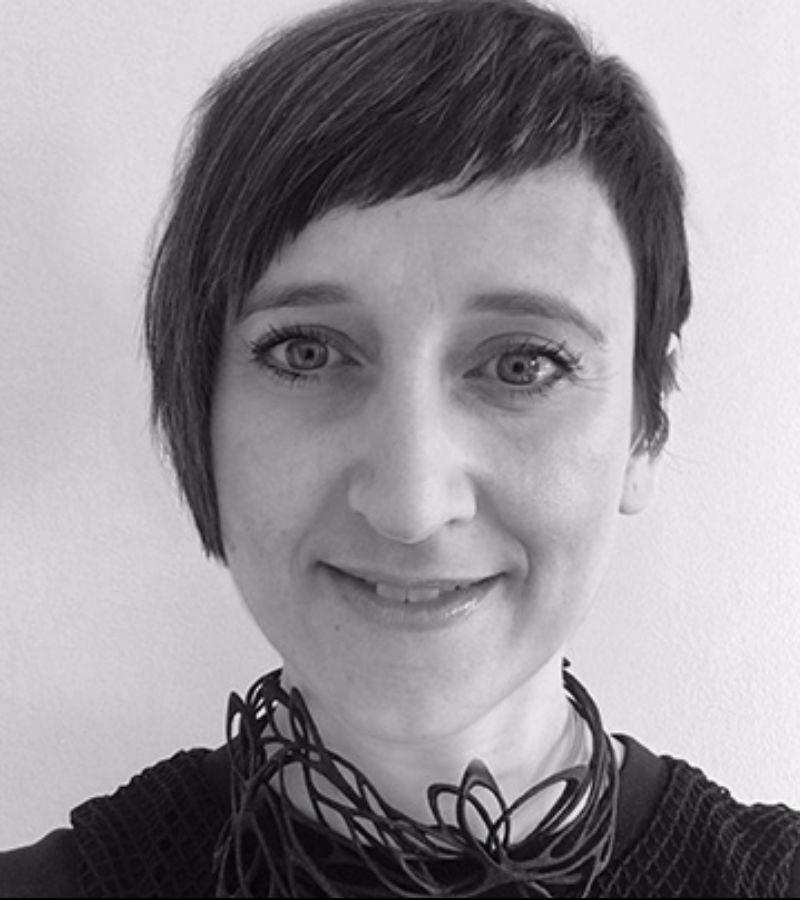
Magdalena Paluch
Magdalena Paluch is a Strategic Design Director at BCG Digital Ventures, where she leverages design-thinking and industrial design methodologies to help re-imagine new human-centered user experiences, products and services through multidisciplinary problem solving and close collaboration with Technologists and Business Strategists.
Previously at Trends and Innovation Strategist at Toyota, Magdalena was responsible for identifying key emerging technologies and conceptualizing how they might be applied to human-centered mobility and automation concepts. She leveraged key insights from leading technology experts to help drive innovation, and create future scenario concepts, to shape the strategic priorities of the Toyota, Lexus and Scion brands.
She holds a Master of Science in Industrial Design from Art Center College of Design in California and a Bachelor of Architecture from University of Tennessee.
She devotes her free time to explorations in the areas of wearable technology and tangible interaction design. Magdalena is a co-curator of SEDS, a space for cultural and creative exchange of ideas and knowledge about relevant emerging topics influencing the future of design.
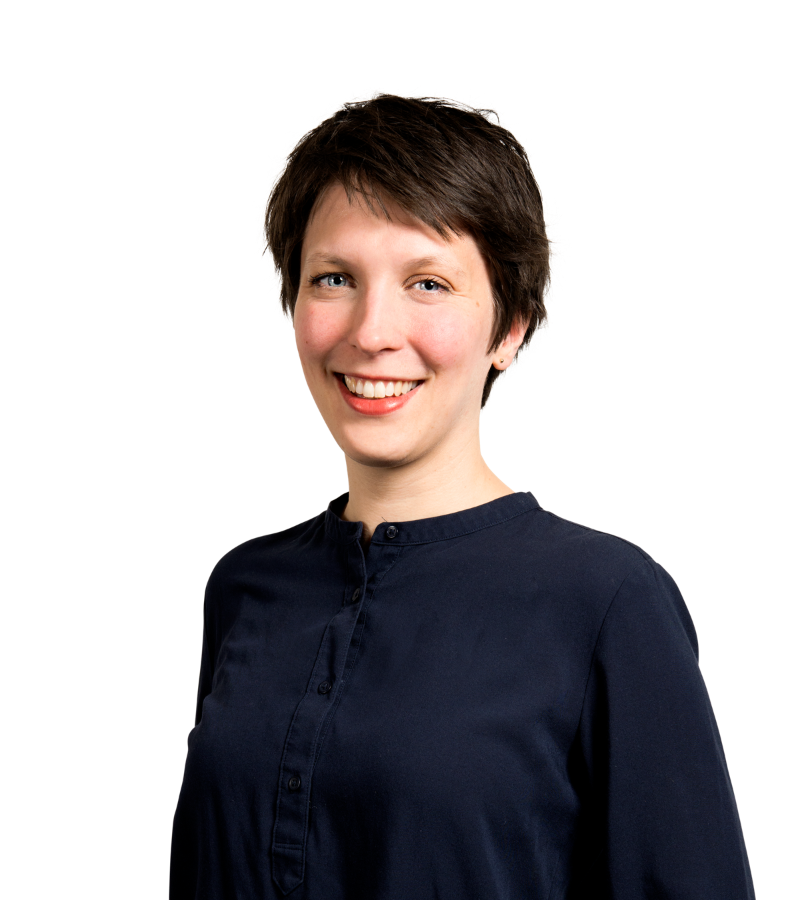
Anette Ströh
Design Lead, Participatory Health bei IXDS GmbH und ab 2018 bei Designit, Dipl.-Produktdesignerin und MA Medical Design
Anette Ströh is a user-centred Product and Service Designer with a strong passion for the healthcare industry. With her Master degree in Medical Design she is shaping the healthcare system in a way that positively impacts all stakeholders – from service ecosystems around pharma products to better designed laboratory devices.
She has worked as a consultant in a strategy consultancy and as a designer and brand strategist for various design studios. Anette helped building up the Participatory Health team at the service design studio IXDS and will start at as Service Design Lead at Designit’s Berlin office beginning of 2018..
Dr. Oliver Haferbeck
Oliver is the Principal European Markets of Senseonics Inc., Washington DC. Senseonics is worldwide the only producer of an implantable glucose sensor for people with diabetes.
In addition, he gives presentations in the fields of Health Care Management, Digitization und New Business Models and is a lecturer at the University of St. Gallen und the European Business School (EBS). Oliver is also executive partner of the timpact. Ltd. in Berlin.
He is an economist with a diploma from the University of Frankfurt, holds an MBA from the University of Bradford and a PHD from the University of St. Gallen. Oliver lives in Aschaffenburg close to Frankfurt Main, Germany.
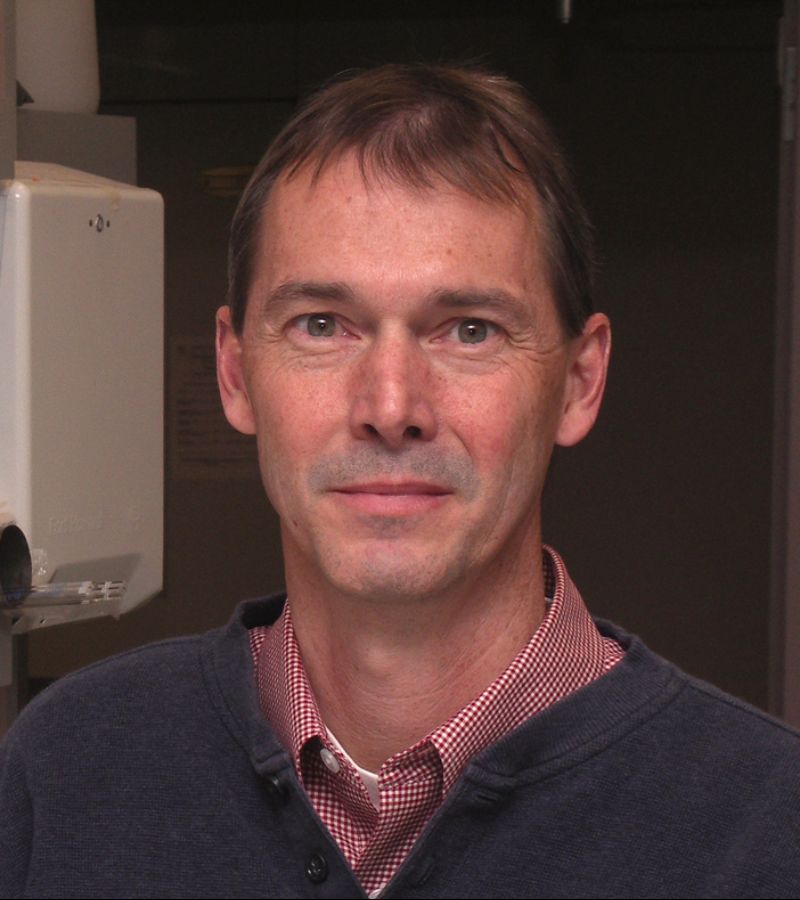
Prof. Dr. Craig Curtis Garner
Doctorate in Biochemistry at Purdue University,
Postdoctoral Fellowship Friedrich Miescher Institute in Basel, Switzerland
Junior Group Leader at the Center for Molecular Neurobiology in Hamburg,
Founder of SPARK
His most recent faculty appointment:
Professor in the Department of Psychiatry and Behavioral Science, Stanford University and Co-director the Stanford Down Syndrome Center. Became a Scientist/co-Speaker of the DZNE-Berlin: German Center for Neurodegenerative Diseases and Professor at the Charité –Universitätsmedizin Berlin in 2014, where his group studies the molecular mechanisms of synaptic function in health and neurodegenerative diseases.
Co-founded SPARK-Berlin in 2014 to educate academic scholars about translation and entrepreneurship.
Has founded three biotech companies:
Balance Therapeutics,
Stealth Biosciences
Navan Technologies
.
.

Dr. Felix Balzer
Felix Balzer is a consultant for anaesthesia and head of the research group “Data Science in Perioperative Care” at the Department of Anaesthesiology and Intensive Care Medicine at Charité – Universitätsmedizin Berlin. He received the Venia Legendi for experimental anaesthesiology at Charité in 2015 and obtained a PhD in computer science from Humboldt-Universität zu Berlin in 2017.
His research on patient safety is at the intersection of perioperative care and informatics with a focus on the identification of security-related process indicators in anaesthesiology and critical care.
.
.
Tom Bocklisch
Lead ML Engineer at Rasa, Founder of Scalable Minds
Tom studied Software Engineering and has a strong background in Data Analysis. During his studies he funded a software agency with a focus on biological image analysis. His interest in written language and the intricacies of analyzing text messages led him to become a part of Rasa to advance conversational AI systems.
Currently, Tom is the Head of Engineering at Rasa. As part of this startup, he is driving the development of the next generation conversational AI systems.
He is a passionate technologist, always keen to learn more about machine learning technologies, and loves open source.
Keynote Speakers
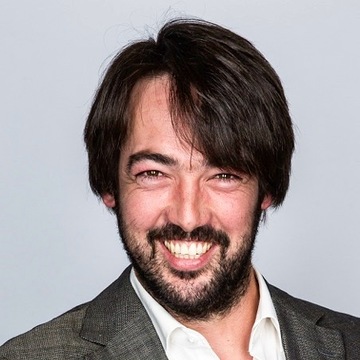
Bastian Hauck
Bastian is a professional sailor, author, entrepreneur – and lives with type 1 diabetes. He is the founder of the #dedoc° Diabetes Online Community, CEO of dedoc labs and member of the board of DiabetesDE – German Diabetes Aid.
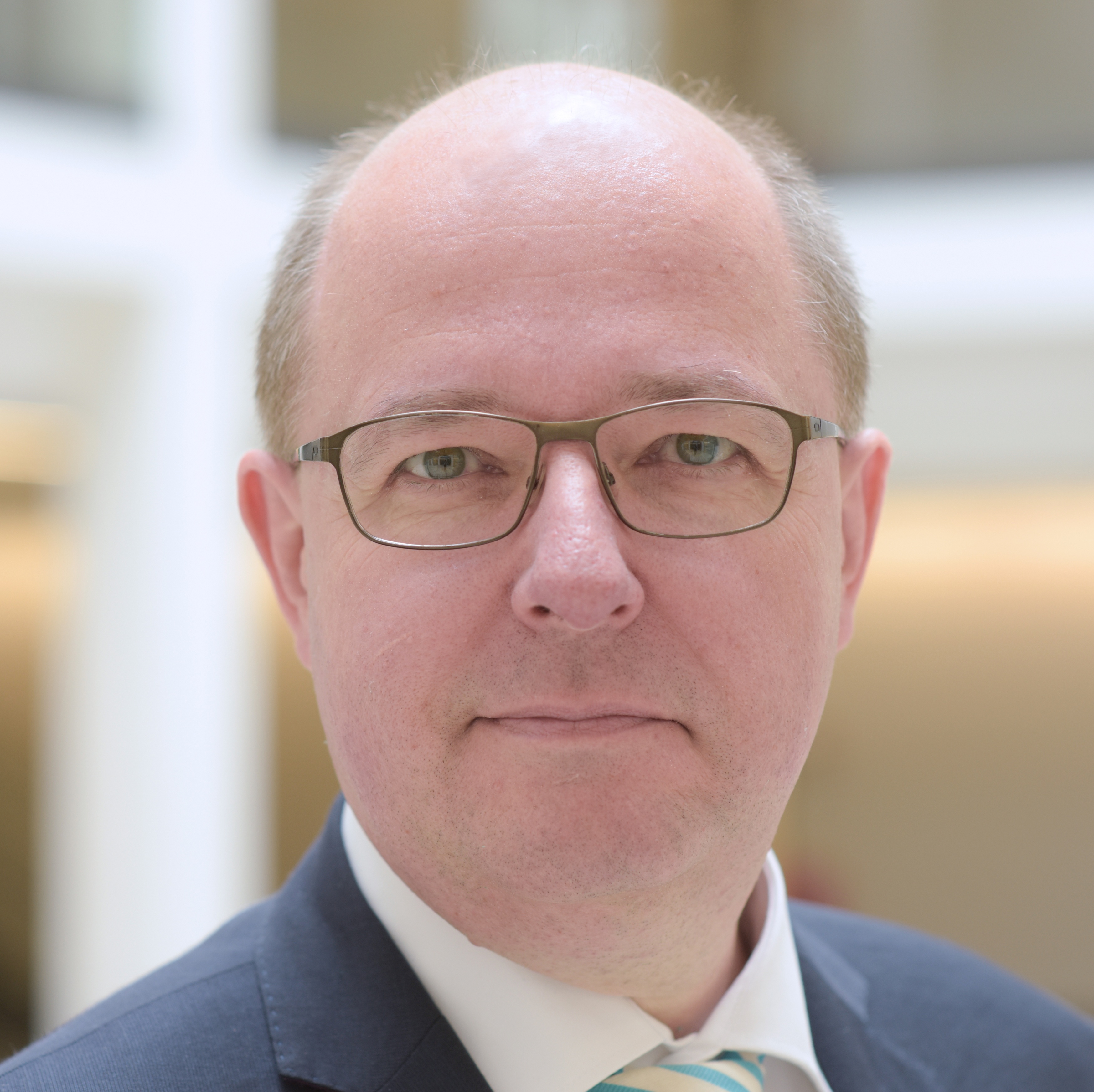
Dr. Peter Gocke
In April 2017 Dr. Peter Gocke was appointed as the first Chief Digital Officer (CDO) in the healthcare provider space in Germany, he is responsible for the digital transformation of the Charité. With over 20 years of experience in the Healthcare sector, Peter Gocke is a well known keynote speaker and thought leader“
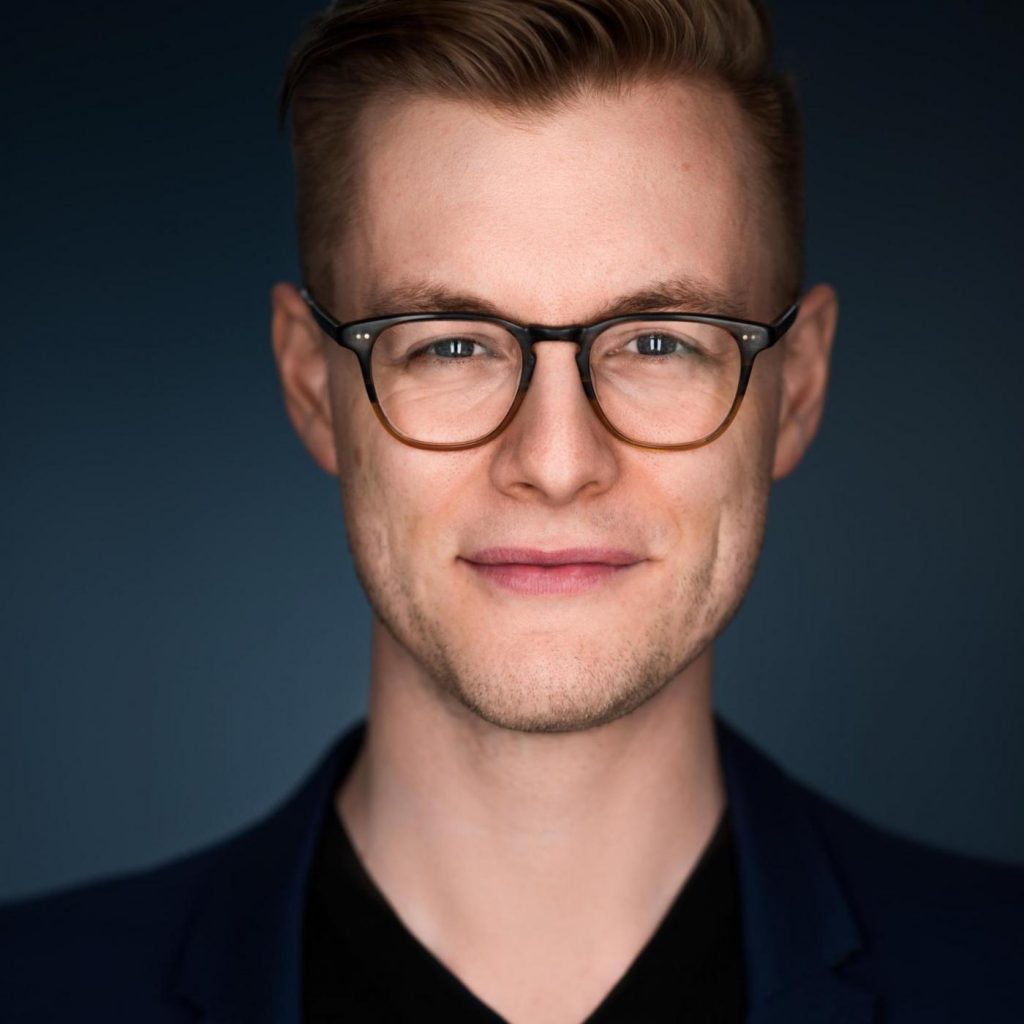
Yannik Schreckenberger
Yannik is a health-tech entrepreneur and the founder and CEO of Heartbeat Medical. His focus is on value-based healthcare and patient reported outcomes. He started Hacking Health Berlin in 2014 and served as lead organizer for 3 years
Partners
Berlin Health Innovations is the joint technology transfer of the Berlin Institute of Health and Charité – Universitätsmedizin Berlin. We catalyze and accelerate the transformation of groundbreaking discoveries and inventions into advanced pharma, medtech and digital health products and services that benefit patients and society.
Schedule
FRIDAY
16:30 Registration Opens
18:00 Opening ceremony
21:00 Hacking starts
SUNDAY
00:00 Midnight Snack
07:00 Breakfast
08:00 Pitch Clinic opens by Bianca Praetorius
12:30 Lunch
13:30 Submission Deadline
14:30 Final Presentations
18:30 After Hour Drinks
Venue
FAQ
A hackathon is best described as an “invention marathon”. Anyone who has an interest in technology attends a hackathon to learn, build and share their creations over the course of a weekend in a relaxed and welcoming atmosphere. You don’t have to be a programmer and you certainly don’t have to be majoring in Computer Science. In fact, we are especially looking to build interdisciplinary teams.
Anyone! We actively encourage people from all fields to apply, however, only selected hackers will be chosen to participate.
On the final day, there will be an opportunity for the public to watch the final pitch presentations and get involved. Free admission tickets will be released via Eventbrite closer to the time.
Apply by completing our registration survey, then join our Sparkboard to upload/join projects. We actively encourage team building beforehand and hope to have everyone teamed up by the first day.
Absolutely! It’s entirely irrelevant what your experience is going into a hackathon, it’s more about your interest in technology and healthcare.
Absolutely! We have substantial financial support and mentoring for the winning teams.
On-site registration starts on Friday afternoon, followed by team building and preliminary project pitches.
On Saturday and early Sunday teams will work together to further develop their ideas before the final pitches are delivered to the jury Sunday after lunch. All throughout the event, teams will have experienced mentors for coaching and support specific to the challenges they are working on.
For those not directly involved in the hackathon, tickets to reserve a place at this free event on Sunday afternoon will be available closer to the time.
There will also be experts available during the hackathon for a pitch clinic as well as special guests invited to give insightful aid on how to deliver proposals to the jury.
In addition we will have free food and plenty of swag to hand out along the way!
There will be a maximum of 5 people per team.
We encourage team building beforehand via our Sparkboard site and hope to have everyone teamed up by the first day. But there will still be an on-site team building.
Preliminary project pitches on Friday will be of maximum 60 seconds, no slides.
On Sunday, the final presentations including your teams demonstration and slides will be a maximum of 3 minutes with a 2 minutes Q&A.
We provide pitch coaching prior to the final presentations on Sunday.
Everything participants submit, invent or build is their own creation and nobody will have the right to copy or steal the ideas. See our registration policy page for more information.
Glad you asked! We provide the opportunity to work with passionate experts to solve global challenges in digital healthcare. Intensive cross-disciplinary collaborations like this hackathon are perfect for finding innovative solutions that really work for professionals, and more importantly, patients. In combining current digital technologies and fostering health innovation.
There will also be a mentoring program for winning teams after the event, as well as financial support for pitches chosen by the jury in order to guide the projects to their full potential.
There is strength in the minds that make up this hackathon community and we hope to stay connected via Sparkboard until the next event to foster this amazing network!
Yes, absolutely. Also, you are not allowed to work on your idea prior to the event.
Questionnaires received through our application process will be reviewed by our team and participants will be notified of the outcome of their application within a week.
It’s free! We do however ask a deposit of 20 euros to hold your place. This will be immediately returned for you when you register on site, or alternatively it can be an optional donation to Ärzte ohne Grenzen on the day.
-Of course! We have loads of delicious goodies lined up for you, free and 24 hours a day. Fear not, it’s vegetarian too.
Yes there will be a designated snooze area provided, please bring your own bedding.
Jury criteria includes:
- innovation potential
- feasibility of the idea
- execution of the idea
- design and user experience of the prototype
- presentation of the project
We want this event to be as inclusive as possible. For participants from abroad, we can fund 100 Euros per participant for up to 10 participants. If you need financial aid for travel, please don’t hesitate to send an email to berlin@hacking-health.org
We are sorry to hear that, your Cashback ticket is not transferrable and as it is a deposit, will be given as a donation to charity.
However, you can still follow our progress on Sparkboard. We hope to see you next time!
Unfortunately not for the event itself, however the innovation pitches on Sunday will be live broadcast. Follow our Facebook and Twitter to access the video link on Sunday the 3rd of December 2017.
No sorry. Your enthusiasm is admirable indeed, but we want to keep this as fair as possible for all participants- this means allowing every team the same amount of time to work.
Your ideas and a laptop!
Also, please don’t forget your ID. You need to have it to enter the buildings!
We will also have sleeping areas so feel free to bring bedding too for a bit of shut-eye during the event.
Still have questions? Send us a tweet, email or facebook message and we’ll get back to you as soon as we can.
Yes, we have! This event is following the Berlin Code of Conduct
We are providing hardware from the following list for the hackathon.
If you don’t see hardware you need please contact us at
berlin@hacking-health.org
| CONTROLLER |
| MaKey MaKeys (große Boxen) |
| MaKey MaKeys (kleine Boxen) |
| Raspberry Pi 2 inkl. SD-Karte |
| Raspberry Pi 3 inkl. SD-Karte |
| Arduino Uno |
| Arduino Uno (SMD) |
| Arduino Ethernet |
| Arduino MEGA |
| Calliope Mini |
| Sensebox Edu LAN |
| SENSOREN & CO |
| 16in1 Dot Matrix MCU LED Display |
| 3D-Beschleunigungssensor ADXL330 |
| Drehpotentiometer |
| Elegoo UNO R3 2.8″ Touch Display |
| Feuchtesensoren (wie YL-69) |
| Fotowiderstände |
| Gassensoren MQ-2/4/5/7/9 |
| Grove LCD-Backlight-Displays |
| Grove Loudness Sensor |
| Grove PIR Bewegungssensoren |
| Grove Ultrasonic Ranger |
| Luftdrucksensor BMP 180 B2C |
| Relais FRS1H-S DC 5V |
| Relaiskarten – 4-Kan., 10 A Schaltleistung |
| Schrittmotoren 5V & Treiber |
| Servos groß RS-2 (5V) & Propeller |
| Servos klein (3,3V) & Propeller |
| Solarmodule 1 Watt 6V 166mA |
| Spannungswandler (LD1117V33) |
| Temperatursensor LM35 DZ |
| Temperatursensoren DS18B20 Wasserfest |
| Transistoren BC547C |
| UF 630L MOSFET |
| Ultraschall-Abstandssensoren HC-SR04 |
| Widerstände (4,7K u.a.) |
| WiFi-Module ESP8266 |
| SONSTIGES ZUBEHÖR |
| Breadboards lang |
| Breadboards kurz (á 10 Stück) |
| Buzzer |
| Digitalmultimeter |
| Extra Bundles Krokodilklemmen |
| Feinmechanikerwerkzeug |
| LAN Kabel |
| Lötstation & Zubehör |
| div. LEDs |
| Transportkisten |
| Steckbrücken Kabel Male/Female |
| Stromversorgungen Raspberry Pi |
| SD-Karten Adapter |
| USB-Kabel |
We are providing hardware from the following list for the hackathon.
If you don’t see hardware you need please contact us at
berlin@hacking-health.org
| CONTROLLER |
| MaKey MaKeys (große Boxen) |
| MaKey MaKeys (kleine Boxen) |
| Raspberry Pi 2 inkl. SD-Karte |
| Raspberry Pi 3 inkl. SD-Karte |
| Arduino Uno |
| Arduino Uno (SMD) |
| Arduino Ethernet |
| Arduino MEGA |
| Calliope Mini |
| Sensebox Edu LAN |
| SENSOREN & CO |
| 16in1 Dot Matrix MCU LED Display |
| 3D-Beschleunigungssensor ADXL330 |
| Drehpotentiometer |
| Elegoo UNO R3 2.8″ Touch Display |
| Feuchtesensoren (wie YL-69) |
| Fotowiderstände |
| Gassensoren MQ-2/4/5/7/9 |
| Grove LCD-Backlight-Displays |
| Grove Loudness Sensor |
| Grove PIR Bewegungssensoren |
| Grove Ultrasonic Ranger |
| Luftdrucksensor BMP 180 B2C |
| Relais FRS1H-S DC 5V |
| Relaiskarten – 4-Kan., 10 A Schaltleistung |
| Schrittmotoren 5V & Treiber |
| Servos groß RS-2 (5V) & Propeller |
| Servos klein (3,3V) & Propeller |
| Solarmodule 1 Watt 6V 166mA |
| Spannungswandler (LD1117V33) |
| Temperatursensor LM35 DZ |
| Temperatursensoren DS18B20 Wasserfest |
| Transistoren BC547C |
| UF 630L MOSFET |
| Ultraschall-Abstandssensoren HC-SR04 |
| Widerstände (4,7K u.a.) |
| WiFi-Module ESP8266 |
| SONSTIGES ZUBEHÖR |
| Breadboards lang |
| Breadboards kurz (á 10 Stück) |
| Buzzer |
| Digitalmultimeter |
| Extra Bundles Krokodilklemmen |
| Feinmechanikerwerkzeug |
| LAN Kabel |
| Lötstation & Zubehör |
| div. LEDs |
| Transportkisten |
| Steckbrücken Kabel Male/Female |
| Stromversorgungen Raspberry Pi |
| SD-Karten Adapter |
| USB-Kabel |

